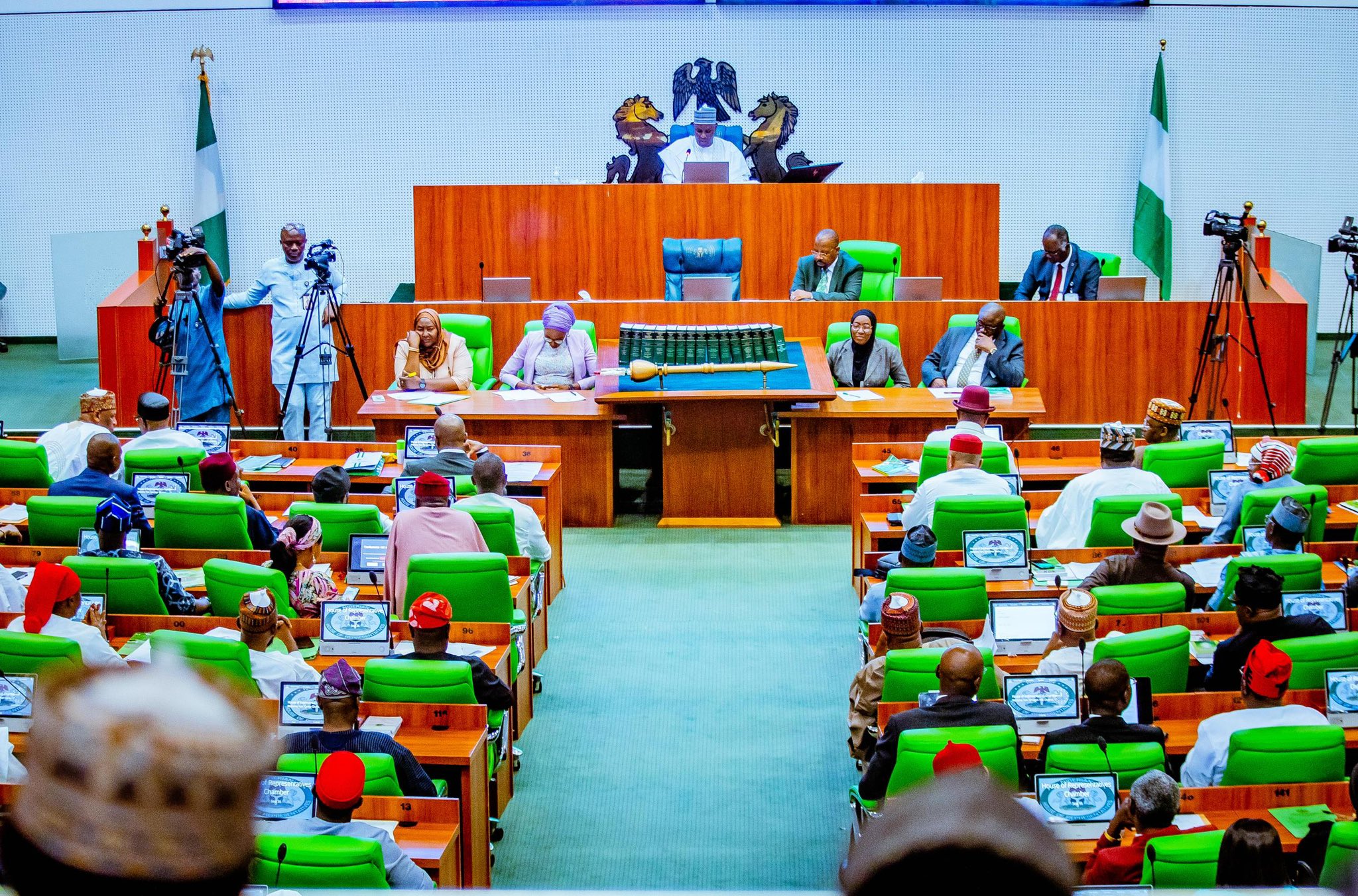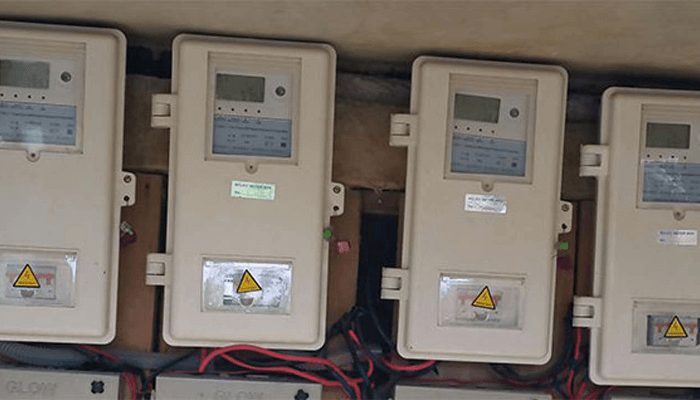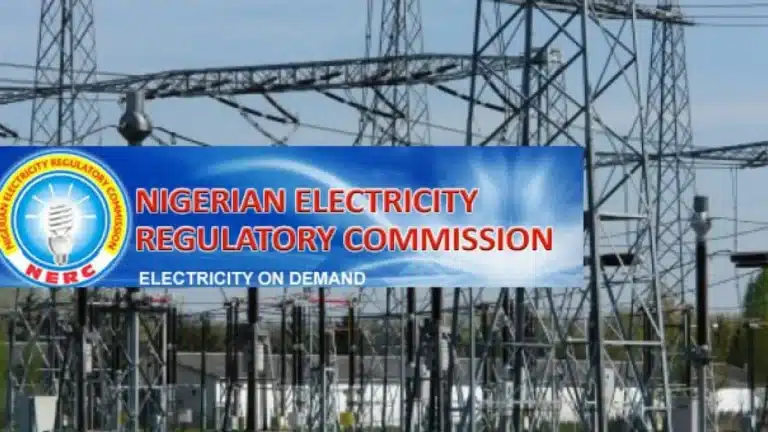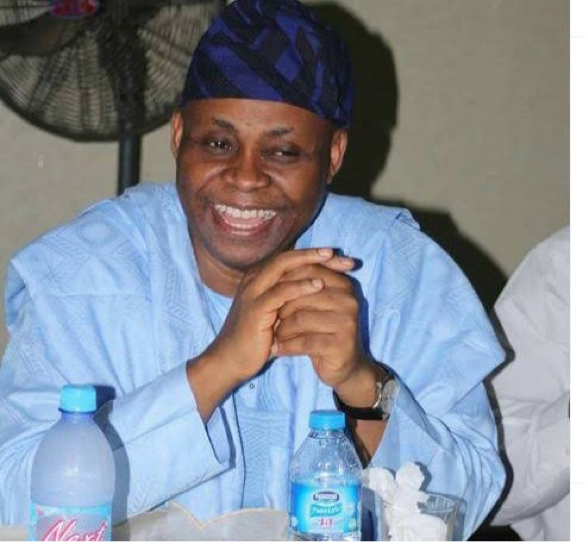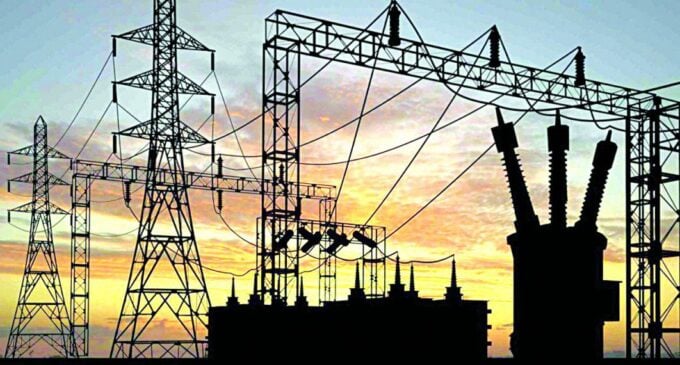Special Features
National Grid Collapse, DisCos Fiasco And Adelabu’s Band-wagon
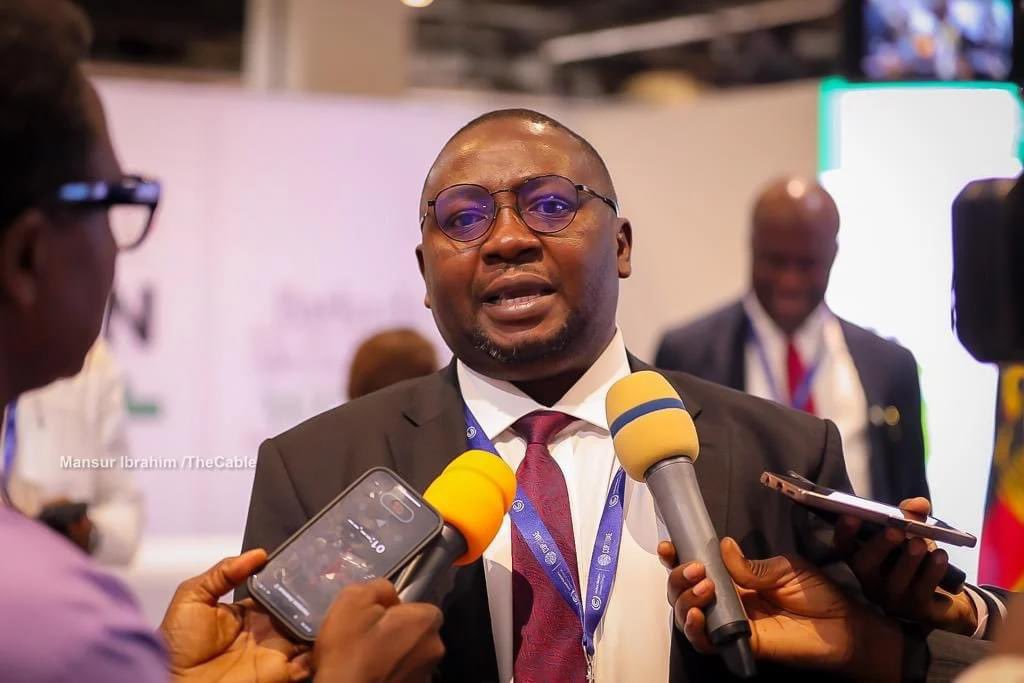
Just like in other sectors, Nigeria’s power sector faces several challenges. Despite numerous policy interventions by successive administrations, little to no progress has been made.
From the era of Nigeria Electricity Power Authority (NEPA) to Power Holding Company of Nigeria (PHCN), and now with Distribution Companies (DisCos), the promised transformation has failed to materialize, leaving Nigerians with an enduring struggle for reliable electricity.
Editor’s Picks
-
“They Won’t Accept Me” – Sule Lamido Hints At Joining APC
-
Nigerian Army Ousts Soldier Over Alleged Affair With Fellow Soldier’s Spouse
-
Lagos Residents Seek Compensation After Government Demolition
Although epileptic power supply has long been a daily reality, recent times have seen this problem escalate into an even more frustrating ordeal.
Incessant grid collapse and the recent hike in electricity tariffs have caused untold hardship for Nigerians.
National Grid Collapse
Nigeria has recently witnessed its sixth power grid collapse of 2024, as electricity generation on the system collapsed from 2,583.77MW to 64.7MW on Monday, April 15.
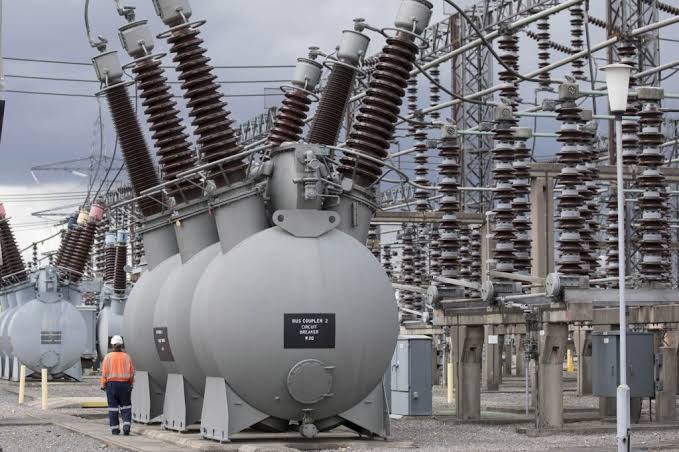
A Transmission Station In Nigeria
For decades, Nigeria Electricity’s generation capacity has stood at an average of 4,000MW for an estimated 200 million citizens across the country.
While this is grossly insufficient for our size and population as a nation, more troubling is the fact this average generation capacity is not always available for transmission due to grid collapse.
According to the Minister of Power, Adebayo Adelabu, gas supply constraints, transmission infrastructure vandalism, and liquidity crisis, among others are the reasons for the rise in cases of national blackouts.
Despite the national grid being supplied by 24 gas-fired thermal plants with a total capacity of 11,000MW, they can only deliver 30% of their capacity due to gas constraints.
To combat grid collapse, the Transmission Company of Nigeria, TCN, once underscored the need for a sufficient gas supply to the power plants.
It stated thus: “Gas constraints continue to impact good flexibility and stability. Ensuring sufficient gas supply to power generating stations is crucial for grid stability as sufficient generation allows for better grid management in the event of sudden generation losses…”
While this explanation may seem straightforward, it continues to assume the proportion of rocket science. According to experts, gas supply depends on the ability of generating companies (GENCOs) to pay the gas company.
The GENCOs are, in turn, said to depend on distribution companies, DisCos, to pay their bills. Unfortunately for the DisCos, not less than 60% of electricity consumers are said to be unmetered. Consequently, many consumers are alleged to default in payment for services rendered.
Indeed, it is a ‘pitiable disma pisma,’ to borrow a few words from Prof. Obahiaghon.
Tariff Hike And Matters Arising
Recently, the Nigerian Electricity Regulatory Commission (NERC) approved a 300% increase in the electricity tariff for Band A consumers to ensure sustainable energy distribution.
Accordingly, power distribution companies, DisCos, will be allowed to raise electricity prices for consumers in this category to N225 ($0.15) per kilowatt-hour from N68, effective April 1, 2024.
Vice Chairman of NERC, Mr. Musiliu Oseni, who announced this on April 1, added that the tariff increase will only affect 15% of the country’s electricity customers.
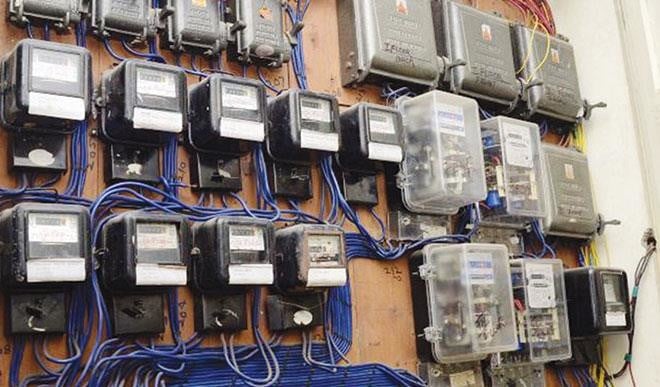
Prepaid Meters
“These customers are classified under the Band A service category, and the Distribution Companies must provide a minimum of 20 hours/day measured over one week,” Oseni added.
Reactions have continued to pour in regarding this increase. In fact, many have called for the dismissal of the Minister of Power, Adebayo Adelabu. However, the minister seems determined to pursue this policy direction.
Speaking at a Ministerial briefing last month, the minister lamented that the nation’s electricity infrastructure needs an overhaul. He added that the federal government can no longer shoulder the burden of an over-bloated subsidy, hence the need to increase tariffs.
“All our gas pipelines are bad. There has been vandalisation of the gas pipelines; there will be a lack of adequate pressure on the gas pipelines where we need compressors and boosters,” he said.
“The generating companies’ plants are also deteriorating. They are obsolete. For the transmission companies, the lines were installed over 50 years ago, the cables are weak, the towers are falling, and people are vandalizing them. Transformers are also weak.”
In conclusion, while it is crucial to ensure that DisCos have access to revenue from the services they provide, it’s equally essential to protect electricity consumers from exploitation and ensure they receive quality service for the charges they pay.
Further Reading
-
Don’t Clip Our Wings: Why Crypto Can Be A Lifeline For Nigeria’s Youth, Not A Threat
-
Nigeria’s High Fuel Cost And Scarcity: Causes And Impact
-
He Will Transform Nigeria 8 Years In Office – Billionaire Arthur Eze Backs Tinubu
Also, the basis used for customer categorization should be thoroughly investigated to allay consumers’ fears. Likewise, the widespread complaints about inadequate service, despite increased charges, should be addressed.
Furthermore, the Nigerian Electricity Regulatory Commission (NERC) must be proactive in ensuring that Distribution Companies (DisCos) meet their contractual agreements, especially in the area of mass metering and service delivery.
Click To Watch Our Video Of The Week
Advertise or Publish a Story on EkoHot Blog:
Kindly contact us at [email protected]. Breaking stories should be sent to the above email and substantiated with pictorial evidence.
Citizen journalists will receive a token as data incentive.
Call or Whatsapp: 0803 561 7233, 0703 414 5611


